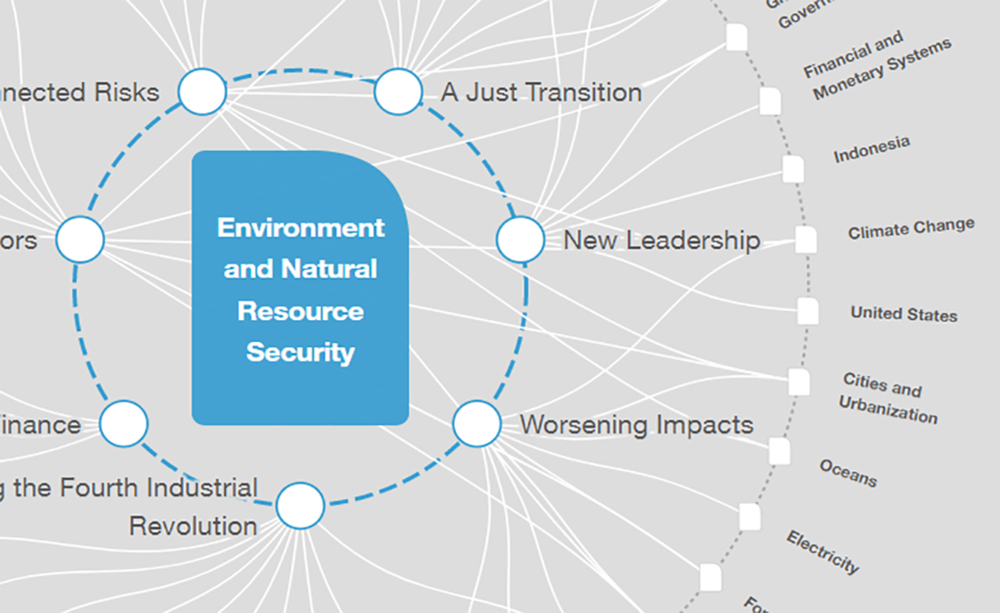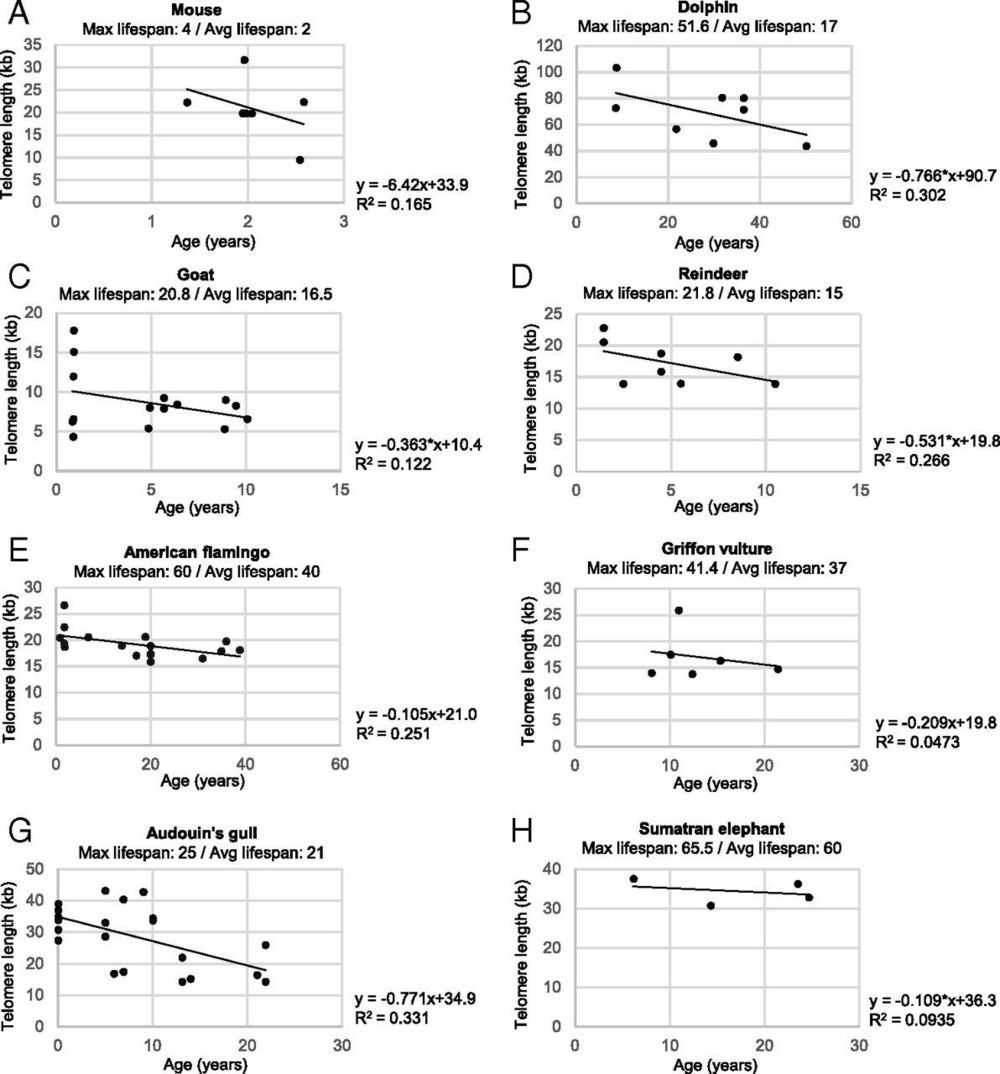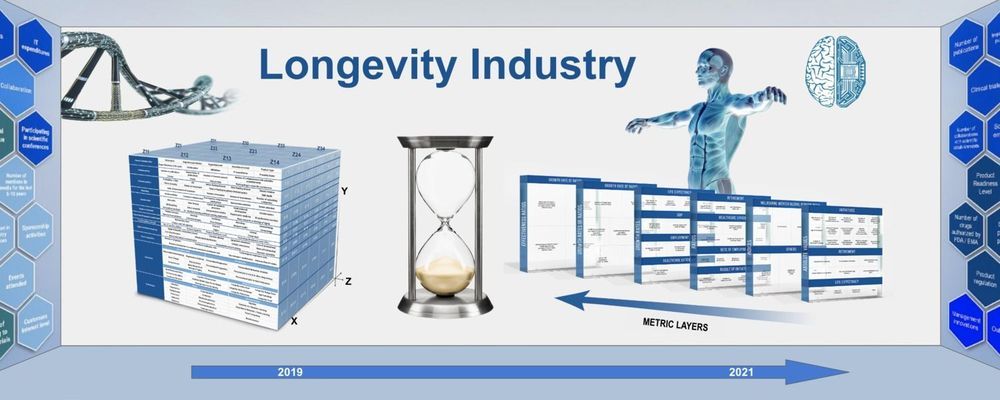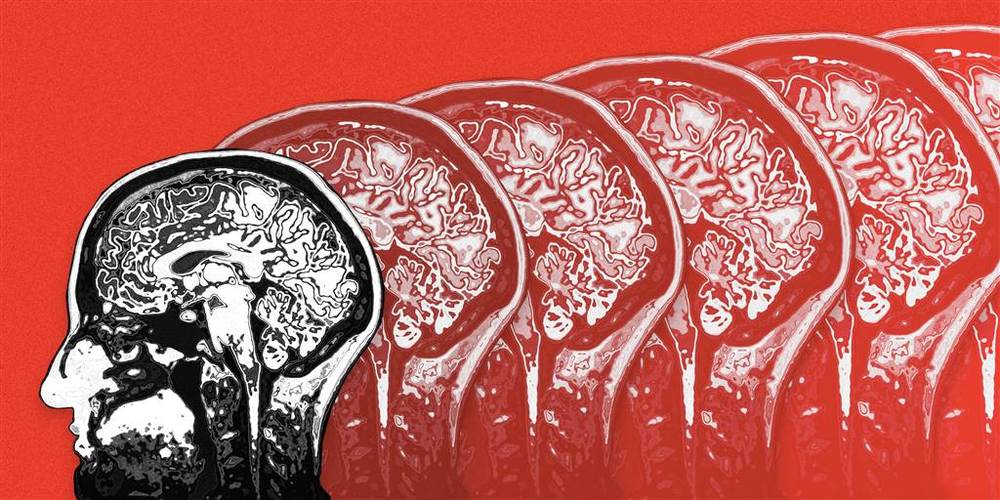An advocacy group is testing out the idea that the combination of bitcoin and orbital communication can help fight news censorship.
My own work examines whether greater diversity of coral species on reefs can help corals survive and thrive. In a study published earlier this year, my colleague Mark Hay and I found evidence that the answer is yes. This finding could help to inform broader strategies for making coral reefs more resilient in altered oceans.
In nature, more is better
Are ecosystems healthier if they contain many species than if they harbor only a few? This is a central question in ecology. Generally, scientists have found that ecosystems with more diverse foundation species – those that define a system and are inseparable from it, such as trees in a forest – tend to be healthier and function better.
The exact causes of aging are still not understood, and it is unclear why some species live less than 1 d, while others can live more than 400 y. Research suggests that telomeres are related to the aging process, but a clear relationship between the life span of a species and initial telomere length has not been observed. Here, we measure the telomere lengths of a variety of different species. We find that, in fact, there is no strong correlation between the life span of a species and initial telomere length. However, we find a strong correlation between the telomere shortening rate and the life span of a species.
Telomere shortening to a critical length can trigger aging and shorter life spans in mice and humans by a mechanism that involves induction of a persistent DNA damage response at chromosome ends and loss of cellular viability. However, whether telomere length is a universal determinant of species longevity is not known. To determine whether telomere shortening can be a single parameter to predict species longevities, here we measured in parallel the telomere length of a wide variety of species (birds and mammals) with very different life spans and body sizes, including mouse (Mus musculus), goat (Capra hircus), Audouin’s gull (Larus audouinii), reindeer (Rangifer tarandus), griffon vulture (Gyps fulvus), bottlenose dolphin (Tursiops truncatus), American flamingo (Phoenicopterus ruber), and Sumatran elephant (Elephas maximus sumatranus). We found that the telomere shortening rate, but not the initial telomere length alone, is a powerful predictor of species life span.
How will the Artemis program work?
Here’s how we’re going to the Moon — to stay — and learning how to journey to Mars and beyond go.nasa.gov/2HfXxj0
The robotic probe attempted to collect a sample scattered from a crater made on the surface of the space rock Ryugu in April.
We all have things we’d rather forget. But for over four million people in the US who suffer from post-traumatic stress disorder (PTSD), that need becomes very real.
Erasing memories has always been the stuff of science fiction and wishful thinking. After all, what happened, happened—your experiences are solidified in your head as part of your past, perhaps even molding your personality.
But does it have to be this way?
The Longevity industry will dwarf all other industries in both size and market capitalization and will require unprecedented sophistication in its approach for assessment and forecasting from the start to neutralize challenges and manifest opportunities
The Longevity Industry is not just about biotechnology and biomedicine. Rather, it consists of several distinct segments: Geroscience, Biomedicine, AgeTech and Finance. Despite this seemingly clear market segmentation, many of these sectors intersect with various domains of science and technology, such as advanced biomedicine, preventive medicine, digital health, AI, financial systems, pension systems and government national strategies.
One of the biggest challenges in assessing the Longevity industry is the extreme broadness of the sector. Hundreds of sectors, industries and domains of science and technology must be analyzed in order to obtain a concrete and comprehensive understanding of the dynamics, trends and direction of the industry. This situation is entirely unique to the Longevity industry. Due to this extreme level of complexity, realistic assessment and forecasting is extremely challenging, and the methods currently being applied for assessment of the biotech and biomedical industries are completely inadequate.
The past decade of Alzheimer’s disease research has been fraught with disappointment.
Years of focus on one hallmark of the disease ultimately resulted in no progress toward treatment or prevention.
But next week, when top scientists gather in Los Angeles at the Alzheimer’s Association International Conference, an annual meeting, many will present research on a different target: inflammation.









